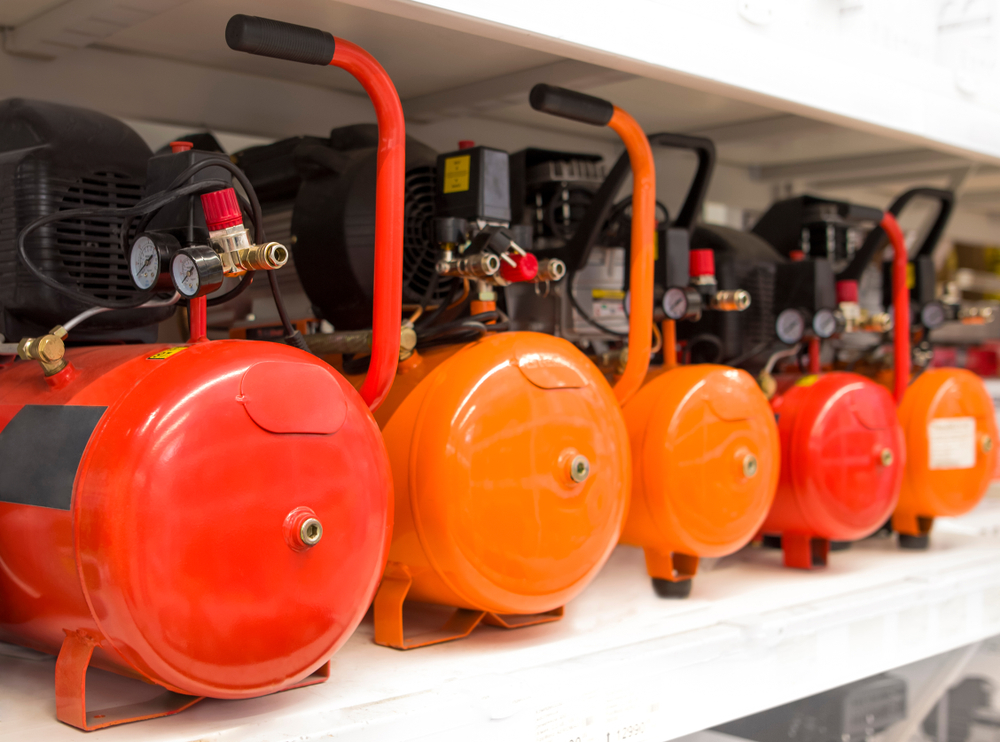

Air compressors play a crucial role in various industrial and commercial settings, powering tools, machines, and processes that rely on compressed air. To ensure optimal performance and longevity of these essential machines, preventative maintenance is key. This blog explores why preventative maintenance is vital for air compressors, what it entails, and the benefits it offers.
Importance of Preventative Maintenance
Ensuring Reliable Performance
Preventative maintenance is not merely a luxury but a necessity for air compressors. Regular servicing and inspections help identify potential issues before they escalate into costly breakdowns. Imagine a manufacturing plant relying on compressed air suddenly facing a production halt due to a compressor failure. Such scenarios can be mitigated through proactive maintenance schedules that include checks for leaks, lubrication levels, and overall system health.
Cost Savings in the Long Run
While scheduling regular maintenance might seem like an additional expense, it significantly reduces long-term costs. A well-maintained air compressor operates efficiently, consuming less energy and minimizing wear and tear on components. This efficiency translates into lower energy bills and reduced repair expenses over the lifespan of the equipment.
Compliance with Regulations and Standards
Many industries are subject to strict regulations regarding air quality and emissions. Proper maintenance ensures that air compressors meet these standards, avoiding potential fines and regulatory issues. Additionally, well-maintained compressors contribute to a safer working environment by reducing the risk of accidents or malfunctions.
Components of Preventative Maintenance
Regular Inspections
Scheduled inspections are the cornerstone of preventative maintenance. These inspections involve checking for leaks, inspecting filters, belts, and hoses, and ensuring that all components are in optimal condition. Visual and auditory checks can often detect early signs of wear or malfunction before they cause serious damage.
Lubrication Checks and Replacements
Proper lubrication is essential for the smooth operation of air compressors. Over time, lubricants degrade or become contaminated, leading to increased friction and potential damage to moving parts. Regular checks and timely replacements of lubricants ensure that the compressor operates efficiently and extends the lifespan of critical components.
Filter Maintenance
Filters play a crucial role in maintaining air quality and protecting the compressor from contaminants. Clogged or dirty filters restrict airflow, forcing the compressor to work harder and consume more energy. Regular inspection and replacement of filters prevent these issues, improving overall efficiency and reducing the risk of mechanical failures.
Calibration and Testing
Periodic calibration of pressure gauges and safety valves is essential to ensure accurate operation and compliance with safety standards. Testing the compressor under load conditions also helps identify performance issues that may not be evident during routine inspections.
Benefits of Preventative Maintenance
Extended Equipment Lifespan
By addressing potential issues early and ensuring proper care, preventative maintenance extends the lifespan of air compressors. Components that are well-maintained are less likely to fail prematurely, reducing downtime and replacement costs.
Improved Energy Efficiency
Efficiency is a critical factor in operational costs. A properly maintained air compressor operates more efficiently, consuming less energy to produce the same amount of compressed air. This not only reduces utility bills but also minimizes the environmental impact of industrial operations.
Enhanced Safety and Reliability
Reliable equipment is essential for maintaining productivity and safety in any industrial setting. Preventative maintenance reduces the risk of unexpected breakdowns or accidents, creating a safer working environment for personnel and reducing the potential for costly disruptions in operations.
Compliance and Reputation
Adhering to maintenance schedules demonstrates a commitment to quality and reliability, which can enhance the reputation of businesses in regulated industries. Compliance with environmental and safety standards also mitigates risks associated with legal liabilities and ensures uninterrupted operations.
Conclusion
Preventative maintenance is a fundamental practice for maximizing the efficiency and longevity of air compressors. By investing in regular inspections, lubrication, filter maintenance, and calibration, businesses can minimize downtime, reduce operating costs, and ensure compliance with industry standards. The benefits of preventative maintenance extend beyond financial savings to encompass improved safety, enhanced operational reliability, and environmental responsibility. Ultimately, integrating a robust maintenance strategy not only protects investments in air compressor equipment but also contributes to the overall efficiency and competitiveness of industrial operations.
Need an Air Compressor Store in Milwaukee, WI?
Established in 1932, Wenniger Compressor Co. specializes in air compressors, centrifugal pumps, diaphragm metering pumps, fans, generators, high-pressure air compressors, hoists (all types), lubricated reciprocating air compressors, oil separators, refrigerated air compressor dryers, rotary screw, sliding vane air compressors, submersible pumps, and vacuum pumps. Additional services include rental units, parts, lubricants, rotary screw compressors, service calls, routine maintenance, and much more. Our employees are all licensed to help you make the best decision. Contact us today to schedule an appointment or to get an estimate on the perfect service you need.
